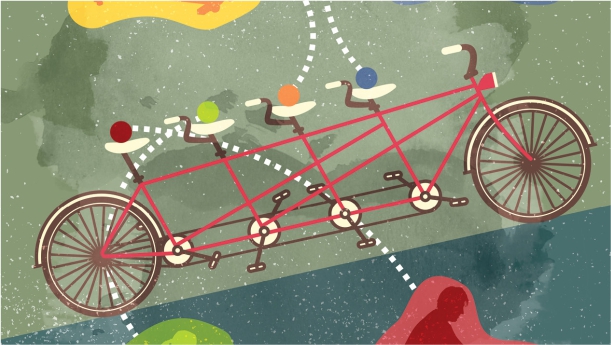
Summary: What is the difference between organisations that have successful remote teams and those who do not? Thought productivity is the first thing that might come to one’s mind, it is not the only factor. It is the members of the team working cohesively, as true teammate that matters.
Log In or become an AIMA member to read more articles
